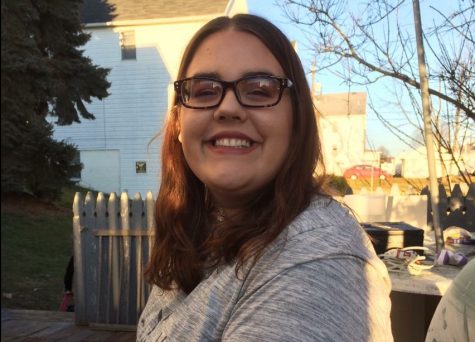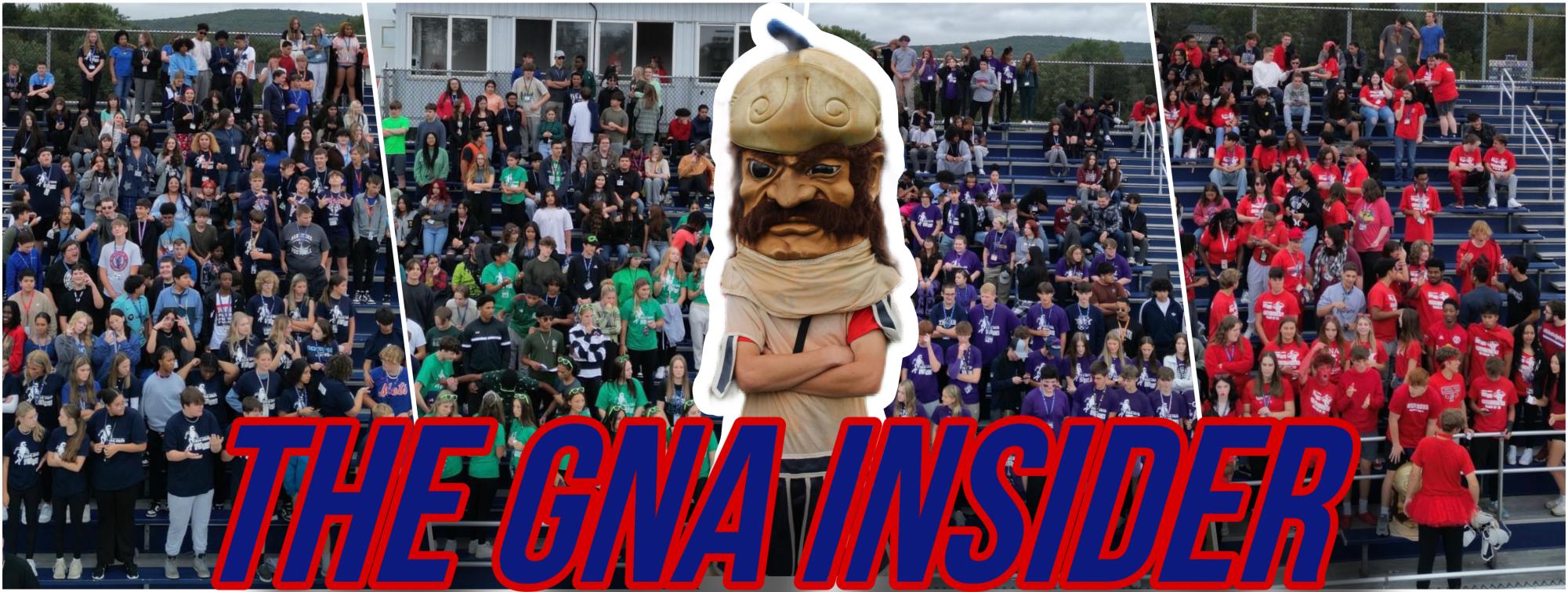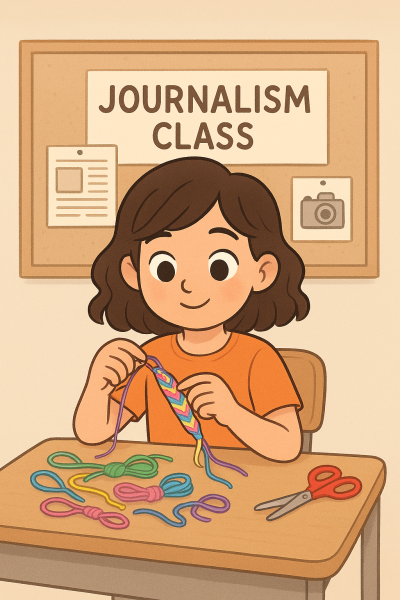What do college admission counselors look for?

The terms “valedictorian” and “class rank” are commonly heard throughout the hallways of high school, and they often incite fear into the hearts of those who wish to rise above. But, outside of high school, do they really matter? Do colleges actually look for these things when scouting new students?
While there are certain scholarships for those honored with the term valedictorian, admission counselors do not expect every student who applies to be #1 when it comes to class rank. Not to say class rank isn’t important, but they also look for volunteering opportunities, leadership qualities, and mostly importantly, hard work and dedication. But other than these general terms, what do they look for specifically?
1. Strong SAT/ACT test scores.
This one is a given when it comes to being accepted into college. College admission counselors often have a certain number in mind when reviewing your scores, but that doesn’t mean that you absolutely have to get that score to get in. They also often use their current class statistics and looks for numbers slightly higher. However, a small (but growing) number of schools do not require SAT or ACT scores at all.
2. High Grade Point Average (GPA)
Another given, counselors look for strong grade point averages. All schools have a different weighting scale, so it’s likely that college admission counselors will weigh your courses and your GPA based on their scale rather than your high school one. College counselors look at your GPA starting from freshman, and that doesn’t always mean you have to have a perfect GPA all 4 years. They also look for constant improvement and academic trends to show potential.
3. Class rank/Top percentile
Once again, you don’t have to meet all qualifications in this list. Not all students can reach the top percentile, and colleges don’t expect them too. However, it is a plus.
4. Leadership positions.
I’m sure by now you’ve heard or seen your teachers encouraging you to run for office in student council and other clubs and organizations, but have you ever wondered why? Admission counselors want to see you lending a helping hand in your community in school, setting an example for other students to follow. These leaderships positions will even make you stand out. Something important to remember: don’t take on too many positions if you’re worried your grades will suffer. Grades still come first.
5. Community involvement.
Colleges don’t require a certain amount of community service hours to be admitted, but they do show a sense of compassion from the student they wouldn’t see otherwise. Here at GNA, the National Honor Society, the French Honor Society, and the Spanish Honor Society require anywhere from 10-30 hours a year of community service in your Junior and Senior years. Being a member of these societies will help you stay one step ahead.
6. Well written and prepared essays.
While some college applications might not involve any writing, most do. Our college adviser, Miss. Jarman, has some great tips and tricks to mastering the needed skill. She encourages students to, at the least, finish your Common App essay by the end of your junior year. The Common App essay questions can be found on nearly any application and having one prepared will save you a tremendous amount of time in your senior year. Your essays should say something about yourself. This will help catch the counselors attention after reading hundreds of essays a day.
7. Strong recommendations.
Often, college applications require at least two recommendations from a teacher, counselor, or even a boss. You should choose one of the following whom you’ve known for more than a month or two and someone you can trust to make you look good. It’s important that whoever writes the recommendation knows you and your accomplishments well enough to write about them clearly.
The transition from high school to college can be hard, but preparing yourself for the application process by taking baby steps can save you time and effort.

My name is Harley LaRue, and I am currently a senior. This is my third year working for The GNA Insider.
I moved to GNA at the end of the 9th grade...







